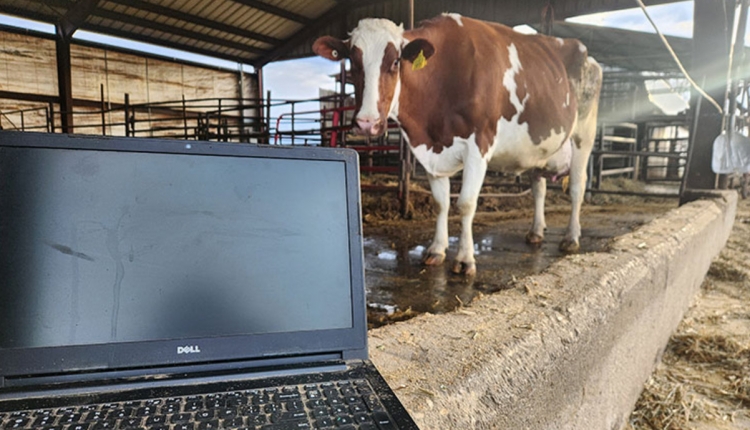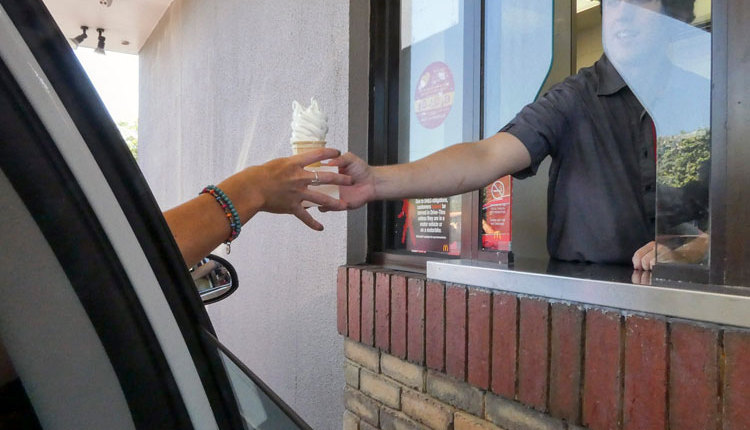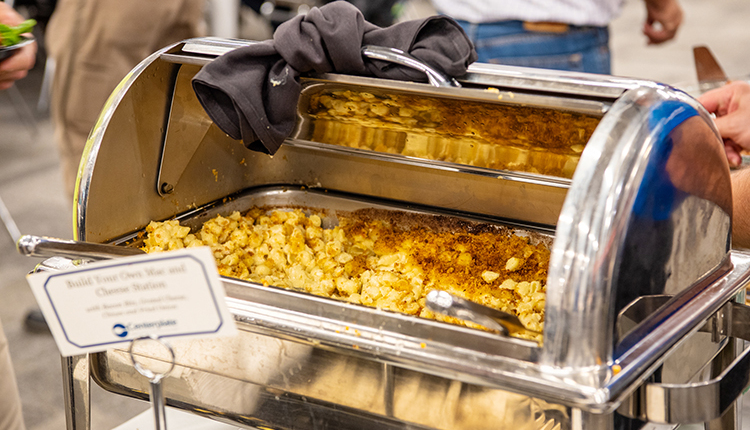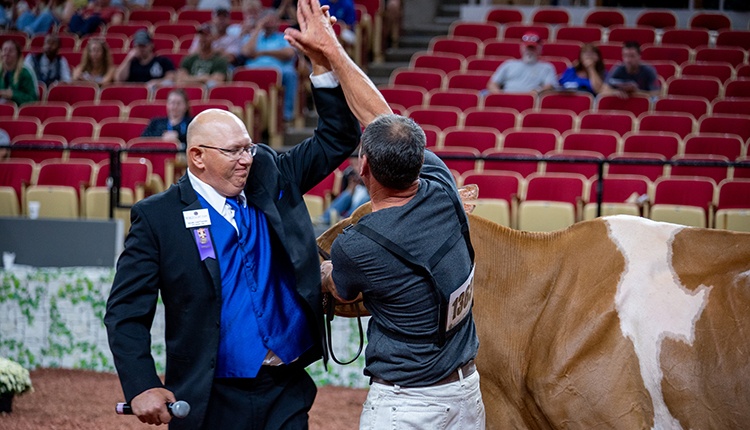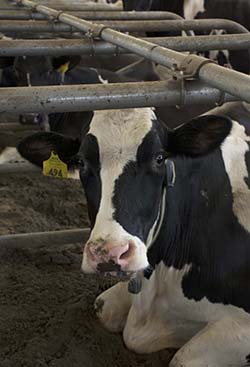 While our businesses look quite different on the outside, fast-food giant McDonald's and production agriculturalists face many of the same challenges. One is the continuous struggle to defend against the "big is bad" perception held by some consumers.
While our businesses look quite different on the outside, fast-food giant McDonald's and production agriculturalists face many of the same challenges. One is the continuous struggle to defend against the "big is bad" perception held by some consumers."Customers question everything we do," explained Bruce Feinberg, the global animal health and welfare officer for McDonald's, during his presentation at the University of Wisconsin-Extension's Dairy and Beef Well-being Conference. "It starts with that ‘big is bad' mentality. If you're a big company, people assume you must be doing something wrong."
With 35,000 restaurants in 100 countries serving 70,000 people around the globe daily, McDonald's is certainly a "big" company. Feinberg says that McDonald's strives to show its customers that they are committed to providing safe, high-quality, affordable food.
One way they do that is making an effort to buy local ingredients if possible, but he said that it is complicated. "It takes a lot of groceries to feed the equivalent of 20 percent of the U.S. population every day," Feinberg explained.
Whether the food they serve comes from near or far, Feinberg says McDonald's has a long legacy of commitment to animal welfare. This dates back to the early 1990s when the restaurant chain began making changes to animal handling on the farms and packing plants they work with.
Still, Feinberg admits that, "It's a journey. There's always more that can be done."
He was quick to compliment agricultural producers in the audience for their efforts in improving animal handling. "We want to recognize the industry for the terrific work they have done, and we want to encourage them to do more," he said.
Moving forward, one future goal for McDonald's and farmers alike is to build and maintain consumer trust. "People tend to get information from people they trust," Feinberg said.
Just as McDonald's needs to justify its food quality, prices, nutritional content and product sources, farmers must be able to defend their cropping and animal husbandry practices to the concerned consumer. This becomes even more vital for our industry as farms get larger and consumers become more skeptical.
While charged with the large task to produce food efficiently while caring for the environment and our animals, we must also keep consumer preferences and concerns in mind. "Everything begins and ends with the customer," Feinberg said. "We are only as good as our customers think we are."

The author is an associate editor and covers animal health, dairy housing and equipment, and nutrient management. She grew up on a dairy farm near Plymouth, Wis., and previously served as a University of Wisconsin agricultural extension agent. She received a master's degree from North Carolina State University and a bachelor's from University of Wisconsin-Madison.




